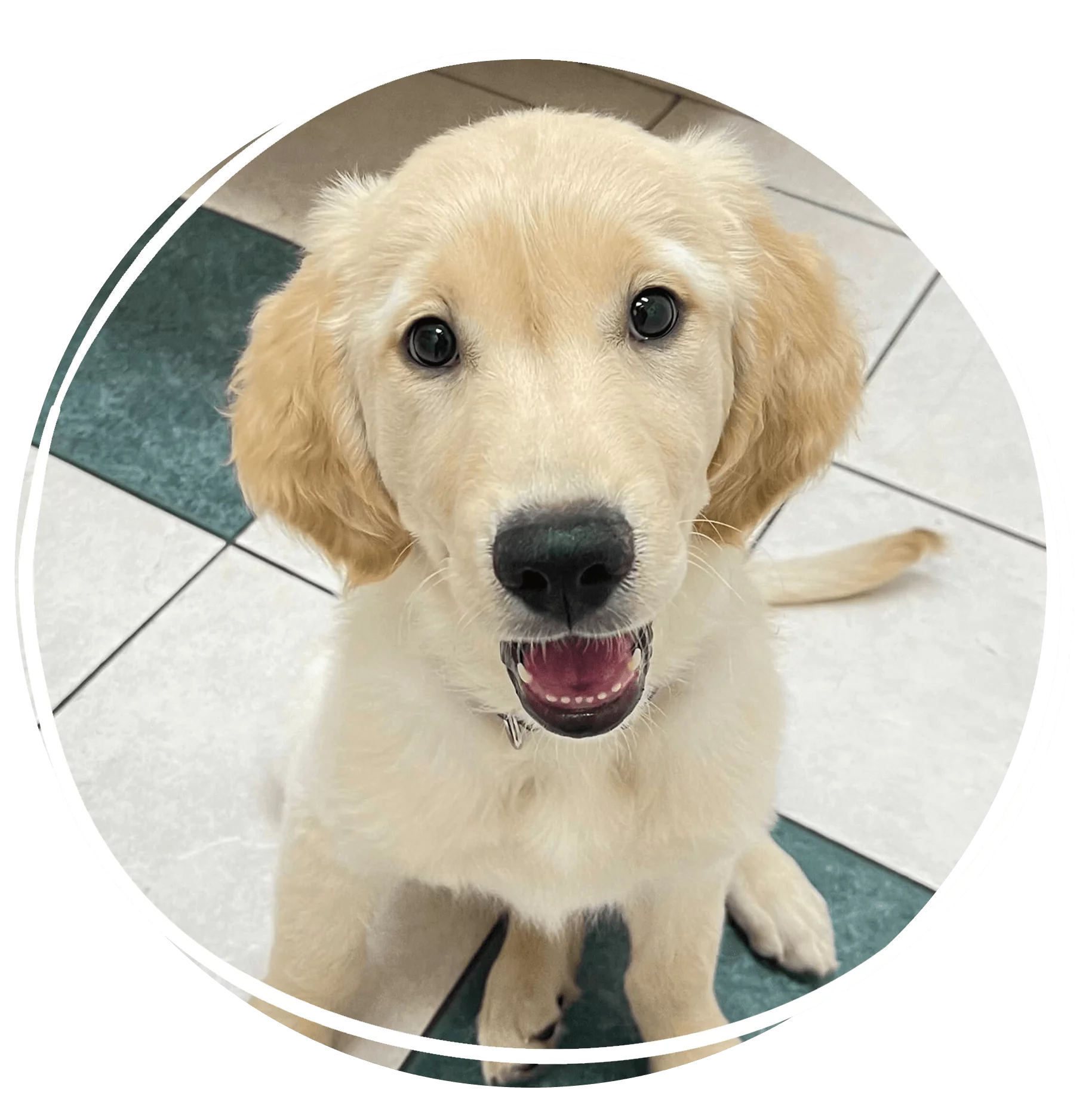
Our Veterinary Blog
Dog Separation Anxiety in Lakeland, FL: Signs and How to Help
When you live in Lakeland, Florida, you probably take a lot of trips. You may go to the beach, since you’re not too far away from several excellent beaches, or you might spend a lot of time at the nearby theme parks in Orlando. If you spend a lot of time away from home, however, you might find that your dog has developed separation anxiety.
If you have a dog with separation anxiety, this can put a lot of stress on both you and your pet. Read through the information below to learn more about how to tell your dog is dealing with separation anxiety and what you can do to help. And feel free to call Lakeland Animal Clinic at (863) 688-3338.

Symptoms
Noise
Dogs who have separation anxiety are more prone to barking, howling, and whining when they’re left alone or when they think they’re about to be left alone.
Destruction
If your dog is very destructive when you leave the house, this is a sign of separation anxiety. Dogs may shred their own toys and bedding, or they might destroy your furniture and belongings instead. This is a nervous habit that happens when they feel fear.
Potty Problems
Dogs with separation anxiety may be more prone to having accidents in the house. However, potty accidents can be a sign of poor potty training or of a health problem, so rule out other possibilities before assuming this issue is necessarily related to your dog’s separation issues.
Obsessive Chewing and Licking
If your dog is nervous when left alone, they may start obsessively licking or chewing their feet or legs. This can lead to a loss of hair in patchy locations on your dog’s body, and it might also lead to hot spots forming in the areas where your dog does most of their chewing.
Attempting to Escape
Dogs who are nervous about being left alone may be more prone to trying to escape. This is because they want to get away and find their owners. Sometimes, these dogs are successful at escaping, especially when they learn how to open the door on their own or get out of the yard.
Treatments
Kong Toys
Kong toys are dog toys that are made to be stuffed with treats. They can be filled with high-quality treats and then frozen so your dog will want to lick and chew them for a long time. This can be distracting and can also associate your leaving with something your dog enjoys.
Conditioning to Cues
It’s important to get your dog conditioned to your departure cues. These may include putting on your shoes, picking up your keys, or grabbing your coat. They need to learn how to associate those with other situations besides just the times when you leave home.
Gradual Increases
Start by spending time away from your dog in other rooms of your home. Slowly work up to leaving your dog inside while you go outside for a few minutes. From there, you can take short trips away from home and slowly work up to longer increments of time.
Consider Crate Training
Crate training may work well for some dogs. For many dogs, crates feel like a comfortable place they can call their own, and this helps them relax. However, some dogs may feel more anxious when placed in a crate, so you should try to determine whether or not this is a good idea for your own dog.
Plenty of Exercise
Be sure to give your dog lots of exercise throughout the day. This way, they will be tired when you leave home and will be more likely to just go to sleep. Mental stimulation is also important for your dog to feel calm, and making sure to give them lots of tasks and jobs to do throughout the day can help them relax more easily as well.
Medication
Finally, if all else fails, talk to your veterinarian about medicating your dog for separation anxiety. Some dogs may be so severely anxious when left alone that they cannot feel better without the help of medication. This type of medication may be an antidepressant or an anti-anxiety medicine. However, make sure you never give your dog human medications for these purposes, and always work with your vet to figure out the right medicine and right dosage.
With the help of this information, you should be prepared to deal with your dog’s separation anxiety more easily. If you have any other questions or concerns, of course, call Lakeland Animal Clinic at (863) 688-3338. Your vet may recommend a variety of methods to try to curb this anxiety before putting your dog on medication.
Recent Posts
About Us
Family is family, whether it has two legs or four. At Lakeland Animal Clinic, we've spent the last 40 years healing and caring for your pets. As a family-operated practice, we know that family is about more than simply being related. Animals give us the ability to develop strong bonds and feel great compassion for a fellow living creature.
